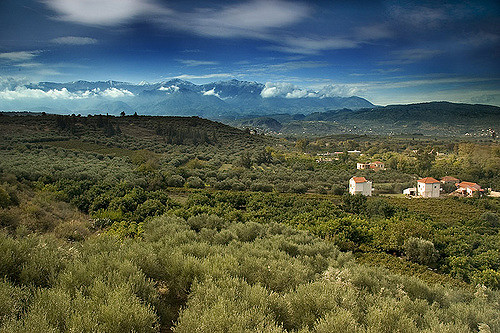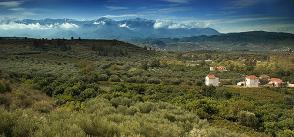
Digital Revolution in Agriculture: fitting in the Agroecological approach?
Digital technologies in the agricultural sector are highly promoted. However, do they offer a dimension of real sustainability, as regarded within the agroecological approach, or is it just another business trend?
These new technologies are clearly market-oriented and they bring farmers dependency on costly tools, mostly not affordable by smallholders farmers, while the decision support tools they offer, often ignore ecological processes, being simply based on models for optimizing conventional production and creating unintended needs. However, alternative examples of digital innovation that support sustainable agriculture can exist as an alternative strategy, especially when the development of innovative tools includes a peer-to-peer planning framework and user involvement within the reach of an Economy of the Commons.
The new hype
The new hype A new phase of agriculture is promoted by the industry and innovation policies in Europe and worldwide, promoting the development and integration of Information and Communication (ICT), sensor-based & data technologies. Many stakeholders refer to this integration of hi-tech solutions in farming as “Agriculture 3.0”, leaving behind Agriculture 1.0, the main form up to 1920 with manual labour and Agriculture 2.0 following, also known as Green Revolution. Indeed, this new trend has become currently a mainstream narrative of innovation in agriculture, including all sorts of novel high-tech approaches; cloud computing, specialized software, drones and Internet of Things, all presented as promising tools to increase yields, reduce costs and, notably, promote agricultural sustainability. EU also appears willing to provide a suitable environment through policies which strongly facilitate the development of “smart farming” and data-driven business models in agriculture.
Consequently, this has created an ambitious, and often opportunistic, business "ecosystem", consisting of a diverse mix of specialised larger or small companies, entering the agricultural sector with a variety of promises for solutions to important agricultural and environmental issues, aiming at a share of the new market, created by the neoliberal approach of delivering profit and entrepreneurship opportunities out of new topics. That includes also a “share data” and “open source” approach, not with the intention of sharing, but for ensuring the possibility these new stakeholders will be able to “extract value” from this raising market.
On the other hand, agroecology as an emerging concept providing a holistic approach for the design of genuinely sustainable food systems not simply seeking temporary solutions that unambiguously will increase environmental performance and productivity. It stands mostly as a systemic paradigm of perception change, towards full harmonization with ecological processes, low external inputs, and use of biodiversity and cultivation of agricultural knowledge.
Read the full article by Vassilis Gkisakis, Mariateresa Lazzaro, Livia Ortolani and Nicolas Sinoir | via Agroecology Greece.
[Photo by Dan Cross | Flickr]







